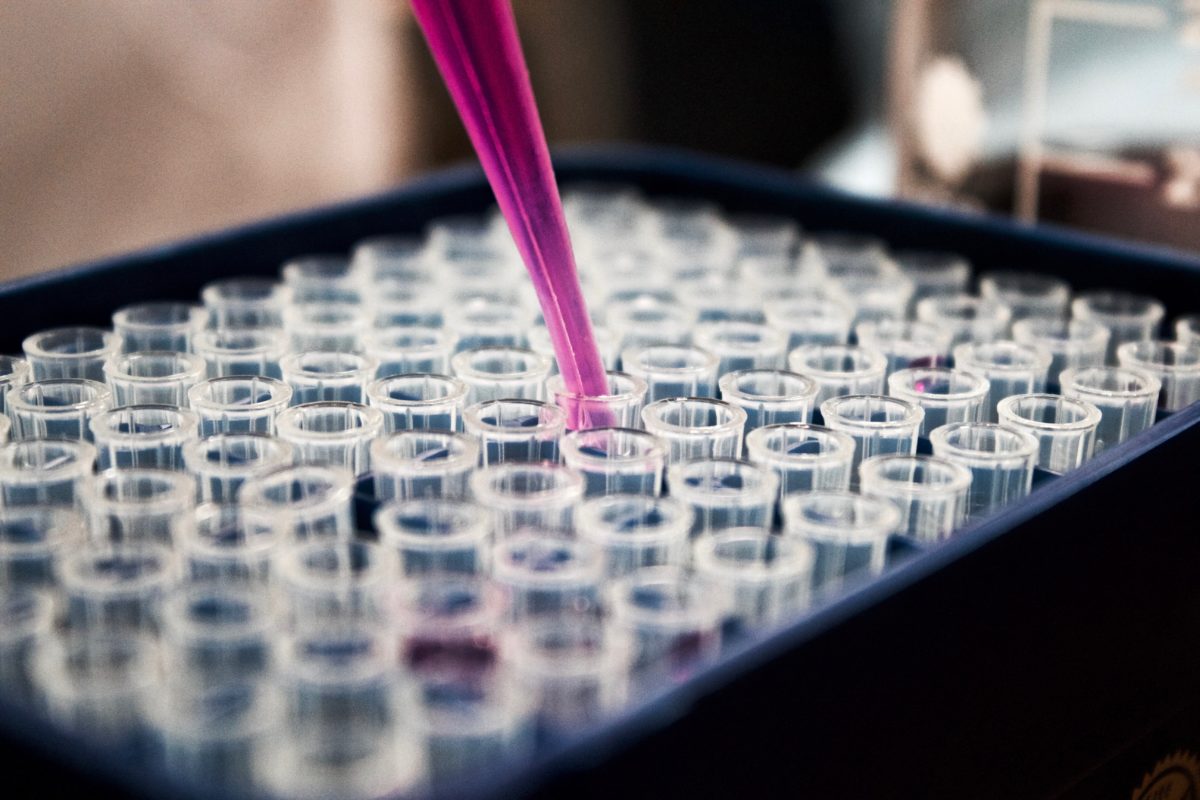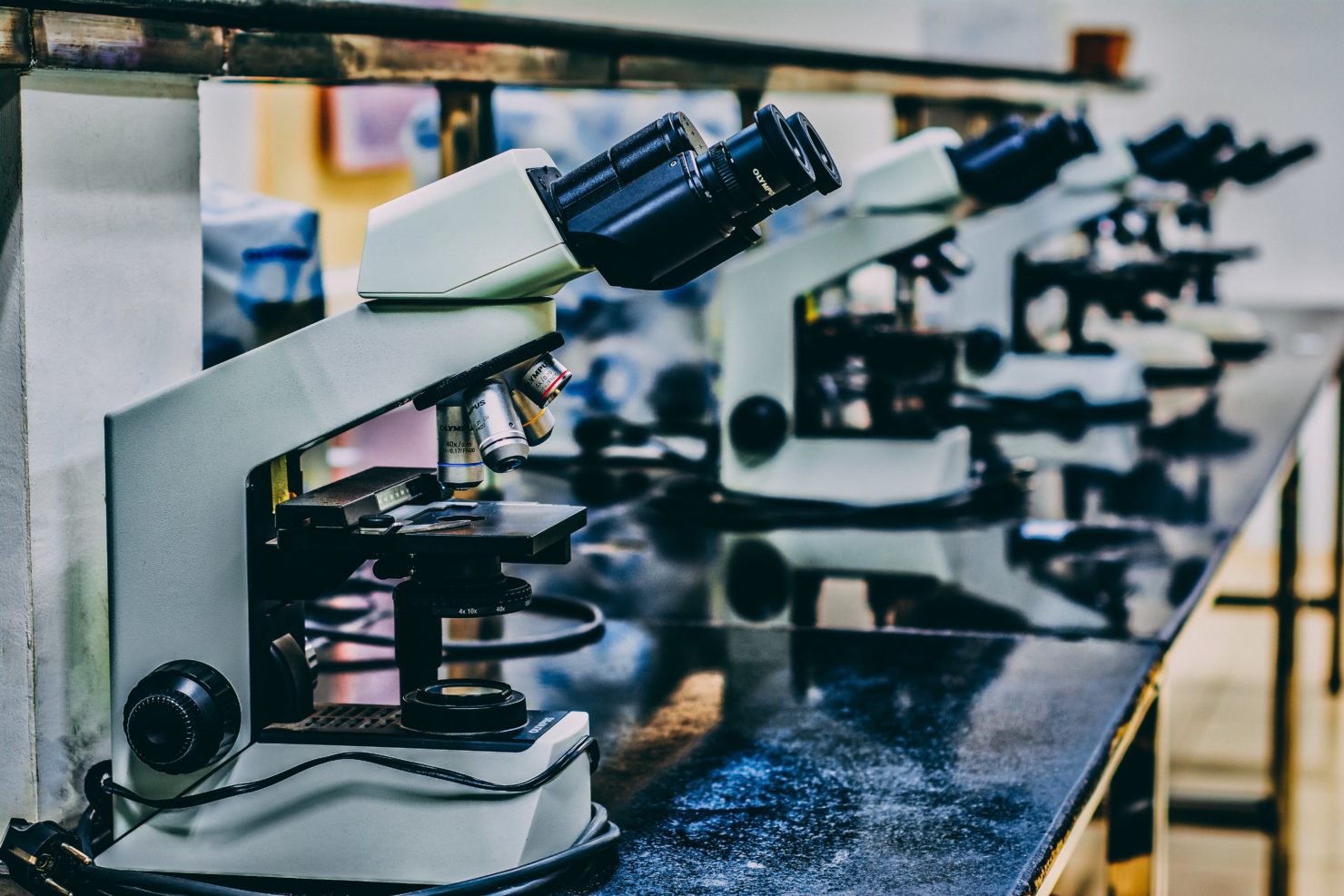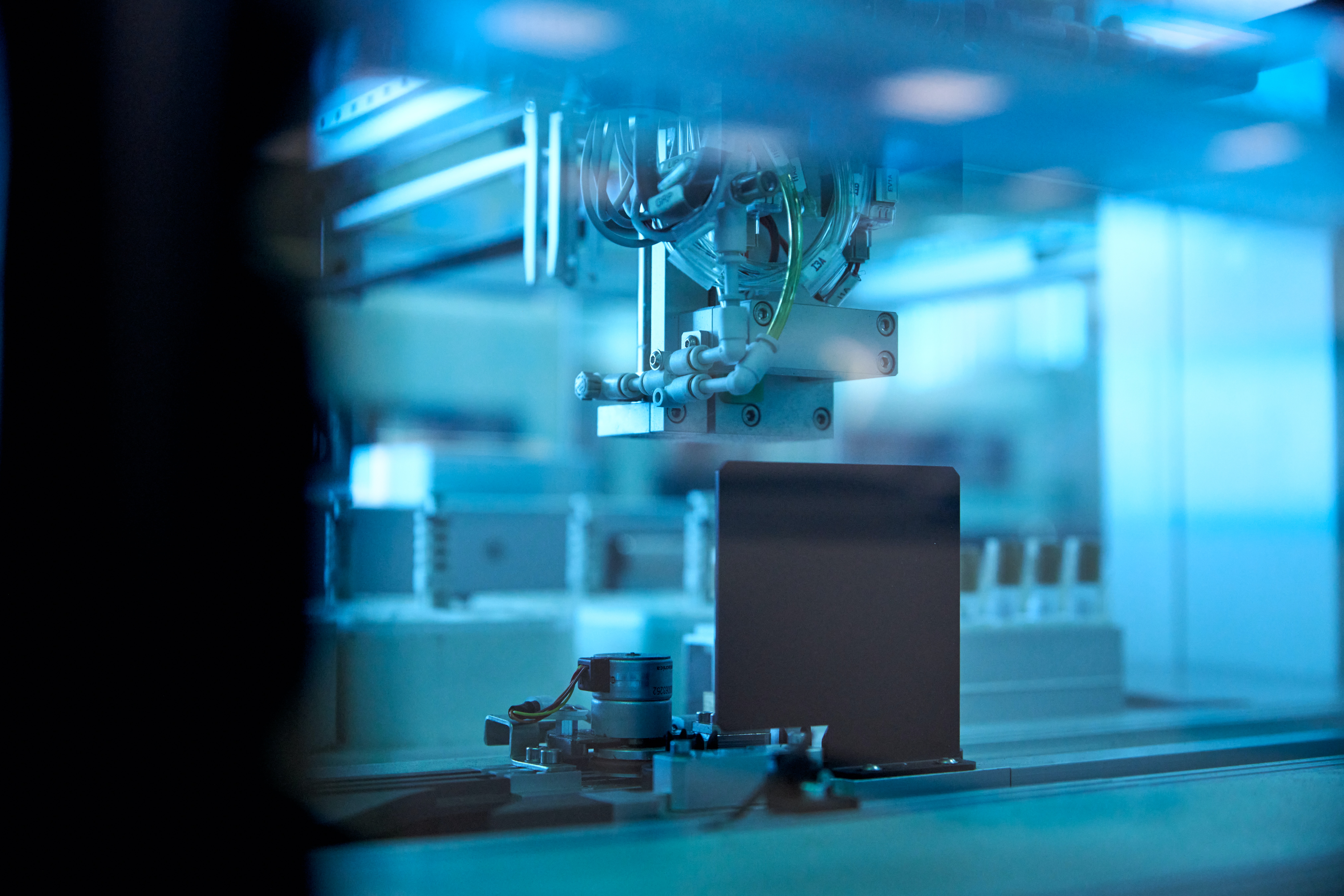Innovation in Healthcare: New technological solutions for the healthcare sector

Innovation in health is a vitally important issue in today’s society, as it allows us to improve people’s quality of life, reduce the cost of treatments and advance in the prevention and cure of diseases. Innovation can take different forms, from the application of new treatments and therapies to the implementation of new technologies and medical devices. In this article, we shall discuss the importance of health innovation and how it can contribute to improving healthcare and overall health.
Thanks to medical technologies, the healthcare industry is rapidly transforming around the world. From diagnosing and treating diseases to managing healthcare and collecting patient data, technology is changing the way diseases are managed, but also prevention and healthcare.
In fact, as stated in the report ‘Innovation in the health sector 2023’ drawn up by Lanzadera, innovation in the health sector “is inevitable and necessary if we want to provide a solution to the new challenges that both medicine and users demand. New platforms, tools, and artificial intelligence provide faster, more accurate, and more efficient medicine for patients and healthcare providers. In addition, they allow for greater efficiency of health systems, which at the present time is necessary for their future sustainability”.
Innovation in the healthcare sector
Healthcare innovation can encompass a wide range of areas, including medical technology, healthcare management, and patient care. These advances can improve the prevention, diagnosis, and treatment of diseases, as well as the management and organization of health care systems.
Innovation in healthcare is especially important in a world where the population is aging and chronic diseases are becoming more common. In addition, health care systems are under increasing pressure to provide high-quality care to more and more people, with fewer human resources and at a more affordable cost.
In this sense, first of all, innovation in health is essential to advance in preventing and curing diseases. Research into new treatments and therapies help identify new treatment options, which in turn can improve the efficacy and efficiency of existing treatments. What’s more, research can also help identify new diagnosis and prevention strategies, which allow for early detection of diseases and, therefore, a better prognosis.
Secondly, health innovation can help reduce the cost of healthcare. The implementation of innovative technologies and medical devices can enable more efficient and effective care, which can reduce treatment and hospitalization costs.
Finally, innovation in the healthcare sector can improve people’s quality of life. Advances in medical technologies help enable more personalized, patient-centred care, which can lead to better care and results. In addition, innovation can also help identify less invasive and more comfortable treatment options, which can improve the patient experience and reduce the stress associated with treatment.
Technology Applied to Health: Emerging Trends
Below, we shall explore some of the emerging technologies and research trends that are transforming the healthcare industry:
Artificial Intelligence and Machine Learning
Artificial intelligence and machine learning are technologies that are revolutionizing the way basic research is conducted and healthcare is delivered. Both can help doctors make accurate diagnoses, create personalized treatment plans, and discover new treatments for diseases.
For example, AI algorithms can analyze large amounts of patient data and find patterns that doctors may miss. Along these lines, Elisa Tarazona, CEO of Ribera Salud, in her talk at the informative session we organized on data and artficial intelligence, presented the Lola artificial intelligence system.
Telemedicine
Telemedicine is another technology applied to health that has been on the rise since the Covid-19 pandemic. It allows patients to consult with their doctors via video conferencing, which is especially useful for patients who live in rural areas or who are unable to travel for medical care. The use of telemedicine can also modify the number of in-person visits and increase the number of patients in less time.
Precision Medicine
Precision medicine is a treatment approach that uses genetic and molecular data to personalize treatment for individual patients and can help doctors choose the most effective treatments for a specific patient and reduce the side effects of treatments. It is a medical technology that can be used in diseases such as cancer, to carry out a better analysis of cancer cells and subsequently tailor their treatment.
Virtual & Augmented Reality
Virtual and augmented reality are other medical technologies that are transforming the way doctors are trained and how patients receive information about their health. For example, doctors can use this virtual reality to practice surgical procedures in a virtual environment before performing them on a real patient, allowing them to perform better techniques and giving them more practice.
Wearables
Portable devices, or wearables, are technologies that are becoming increasingly common in the healthcare sector. Wearables can collect data about a patient’s health, such as heart rate, physical activity, and sleep patterns. In addition, these devices are used to monitor a patient’s health in real time and some are also capable of notifying emergency services if necessary.
New Technologies and Health: The Case of Successful Startups
To bring our article on the importance of innovation in health to a close, we are going to see, with the help of our patron Lanzadera and their report, some of the startups that are scaling in innovation in the health sector.
- YSOTOPE THERANOSTICS. They improve the use of cancer therapies thanks to medical imaging, so that doctors can know if the treatments they use are reaching the whole tumour or only part of it.
- IBIONS. They improve the health and quality of life of people with cancer, optimising their treatment through nutritional changes and lifestyle habits based on the latest scientific evidence.
- LOOP DIAGNOSTICS. They are dedicated to developing and commercializing products that improve the diagnosis of infectious diseases. They have developed SeptiLoop, a diagnostic test for sepsis that is 3 times more sensitive and 10 times faster than current solutions.
- ONALABS. The project was born with the aim of democratizing access to health through proprietary patented technology that is capable of converting sweat into a smart biofluid and skin into a data platform, to lead a new generation of wearable medical devices.
In short, and following the conclusions of the report carried out by Lanzadera, the health sector is innovating very quickly, so it is essential to help startups that bring innovation to health and connect them with corporations in the sector so that they can work together. The future, therefore, is already being made and the objective is to continue contributing so as to improve a sector so essential for society and its individuals as is the health sector.









